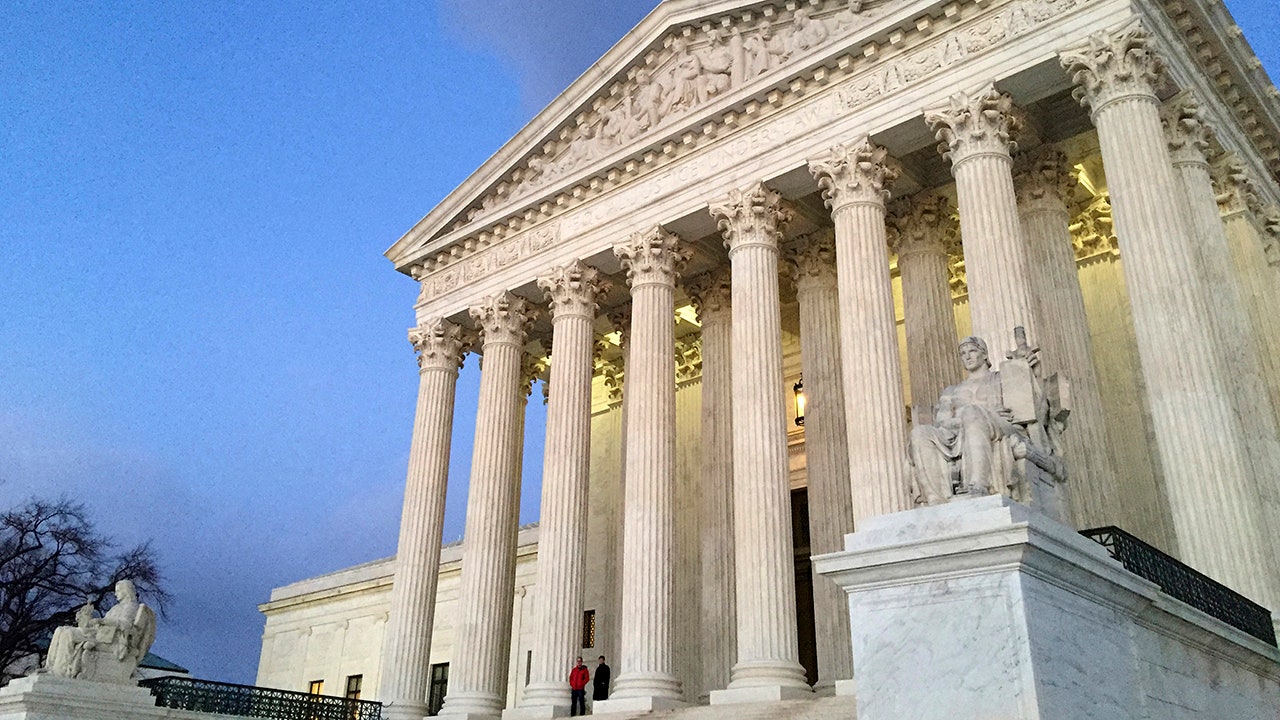The pharmaceutical industry is expressing growing concern over President-elect Donald Trump’s selection of Robert F. Kennedy Jr. to lead the Department of Health and Human Services (HHS), particularly over his criticism of direct-to-consumer (DTC) drug advertising.
The practice, currently allowed only in the United States and New Zealand, has been a major driver of industry profits for years.
Kennedy, a longtime critic of pharmaceutical marketing tactics, has previously called for a ban on these advertisements, which he argues mislead consumers and contribute to rising healthcare costs.
The larger these corporations get the more they can influence content on media platforms. Here, RFK Jr gives an example:
“75% of advertising revenues now on the mainstream media are now coming from pharma.”@RobertKennedyJr @elonmusk @VigilantFox #Kennedy24 #RFKJr2024… pic.twitter.com/e1HMdemvVE
— Hambone (@ItsHambone) December 1, 2023
Celebrate Trump’s Historic 2024 Victory with the Exclusive Trump 47th President Collection!
His potential confirmation as HHS Secretary has prompted alarm among drugmakers, who see a ban as a significant threat to their bottom lines.
According to a report from Fierce Pharma, research firm Intron Health highlighted that a ban on DTC advertising could have far-reaching implications for the pharmaceutical sector.
The firm described the potential ban as the “biggest imminent threat” posed by Kennedy’s appointment.
“Whilst we have a relatively benign view of RFK’s impact on the Pharma industry, one thing that does worry us is the potential for the U.S. government to ban DTC advertising of drugs,” Intron Health stated in its analysis.
The firm noted that profit margins on new drugs, often bolstered by aggressive marketing campaigns, would likely be scaled back under Kennedy’s leadership.
Estimates suggest returns on DTC drug marketing range between 100% and 500%, underscoring the importance of these campaigns to the industry.
Kennedy would likely face substantial legal challenges if he sought to implement a ban on pharmaceutical advertising. Industry advocates are expected to argue that such a policy infringes on First Amendment rights.
Additionally, significant pushback from pharmaceutical companies and lobbying groups could complicate efforts to enact sweeping reforms.
Despite these hurdles, Kennedy’s past comments make it clear that he views the issue as central to improving public health.
Speaking at a public event in Glendale, Arizona, in late October, Kennedy emphasized the correlation between DTC advertising and rising rates of chronic disease in the United States.
“One of the things I’m going to advise Donald Trump to do in order to correct the chronic disease epidemic is to ban pharmaceutical advertising on TV,” Kennedy said during Tucker Carlson’s national tour.
“There’s only two countries in the world that allow pharmaceutical advertising on the airwaves. One of them is New Zealand and the other is us, and we have the highest disease rate. We buy more drugs, and they’re more expensive than anywhere in the world.”
RFK Jr: “I’m gonna advise Donald Trump to BAN Pharmaceutical advertising on TV.” pic.twitter.com/uXiMg9lKHY
— End Tribalism in Politics (@EndTribalism) November 1, 2024
Pharmaceutical executives are reportedly rethinking their strategies in light of Kennedy’s likely confirmation.
Scaling back advertising campaigns could have a cascading effect on how companies approach investments in new medicines and therapies.
The industry’s concerns reflect the broader implications of losing a key tool for reaching consumers directly and driving demand for high-margin drugs.
Beyond pharmaceutical advertising, Kennedy is expected to prioritize reforms aimed at addressing chronic disease and promoting healthier lifestyles.
His disdain for what he calls the “over-medication” of Americans positions him as a potential disruptor in an industry that has long relied on a heavy marketing presence to sustain profits.
Kennedy’s potential leadership at HHS signals a dramatic shift in how the federal government might approach healthcare regulation.
Whether his plans to overhaul DTC advertising and other aspects of the industry come to fruition remains to be seen, but his nomination has already sent shockwaves through the pharmaceutical sector.
For now, all eyes are on the Senate confirmation process, where Kennedy’s outspoken views on healthcare reform are expected to spark heated debate.
The opinions expressed by contributors and/or content partners are their own and do not necessarily reflect the views of LifeZette. Contact us for guidelines on submitting your own commentary.
Read the full article here


![Big Pharma’s Worst Nightmare Could Come True With RFK Jr. At HHS [WATCH] Big Pharma’s Worst Nightmare Could Come True With RFK Jr. At HHS [WATCH]](https://www.lifezette.com/wp-content/uploads/2024/10/2024.10.31-04.41-lifezette-6723b32ca18b6.jpg)


![CBS News Floats Odd Conspiracy Theory for Why Biden Skipped Cancer Tests [WATCH] CBS News Floats Odd Conspiracy Theory for Why Biden Skipped Cancer Tests [WATCH]](https://www.lifezette.com/wp-content/uploads/2025/05/2025.05.10-08.25-lifezette-681fb6413a079.jpg)




